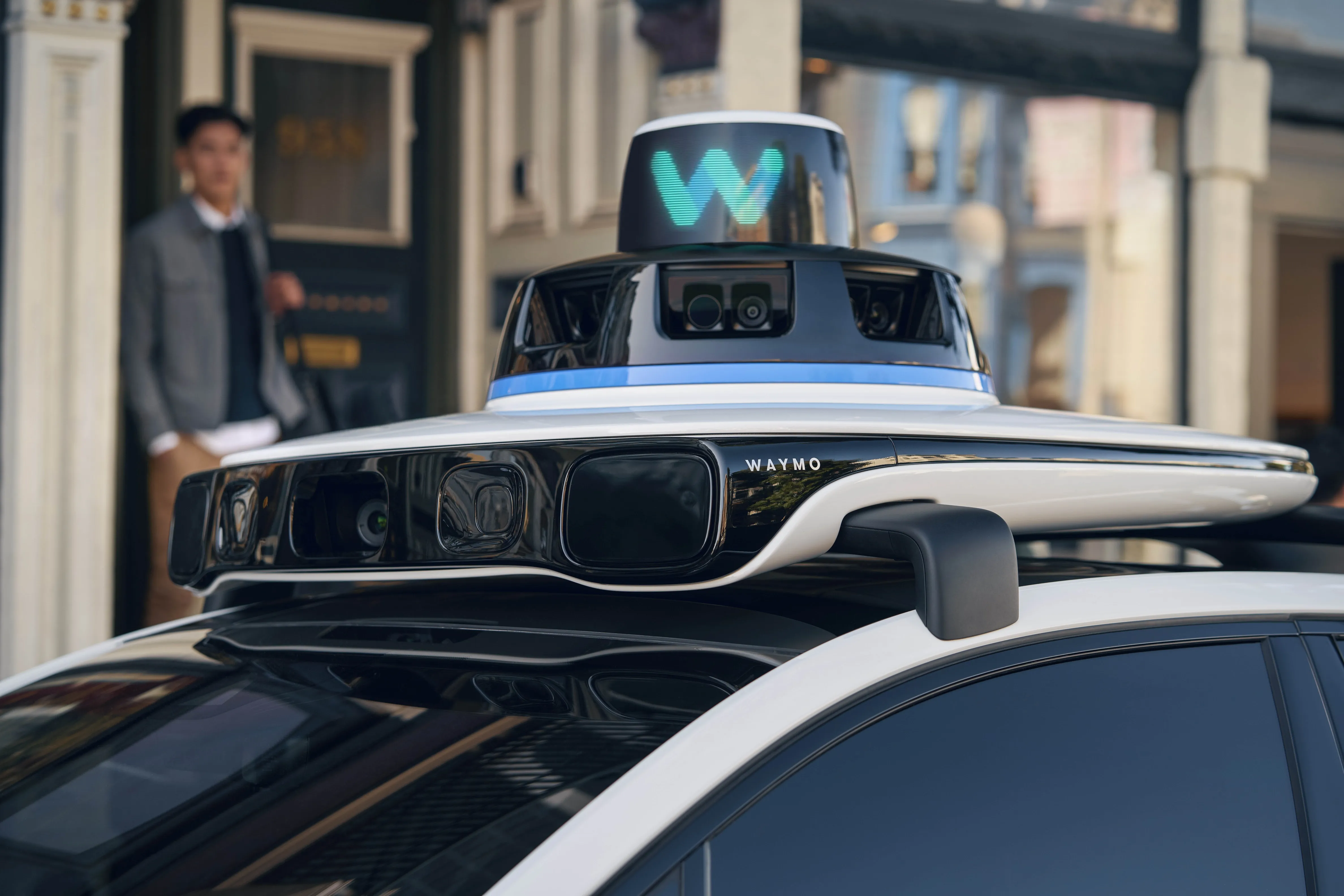In a statement, Waymo insisted: “This will be the world’s first factory 100% dedicated to the mass production of Level 4 AVs.”
Level 4 automation means that no human interaction is required, and the vehicle is able to adjust in the case of things going wrong – but there is an option for manual override. This is still some way from Level 5, in which the driver is theoretically eliminated from the equation altogether.
Interestingly, Waymo says in its announcement that one of the state’s attractions are “excellent snowy conditions for our cars to test”.
Waymo is based in Mountain View, California, but currently has an operation Novi, Michigan, which employs around 20 people.
The company will use its new site to integrate its self-driving systems into the vehicles in its fleet, which currently include Fiat Chrysler and Jaguar Land Rover.
Michigan Economic Development Corporation (MEDC) says the move is expected to generate total private investment of $13.6 million and create 100 jobs - with the potential for up to 400 jobs. MEDC is offering a “performance-based grant” of up to $8 million.
However, timelines are vague, with Waymo saying it first has to choose a site and will then “over the next few years, aim to create hundreds of local jobs in the community”.
Waymo “plans to locate into a ready-to-go, light manufacturing facility space at a yet-to-be-determined location in south-east Michigan”, the MEDC statement suggests.
Google spin-off Waymo to open ‘world’s first Level 4 AV’ factory in Michigan
Waymo, the company that began as Google’s driverless car project, has pledged to open a facility in Michigan, US, to produce advanced autonomous vehicles (AVs).
In a statement, Waymo insisted: “This will be the world’s first factory 100% dedicated to the mass production of Level 4 AVs.”
Level 4 automation means that no human interaction is required, and the vehicle is able to adjust in the case of things going wrong – but there is an option for manual override. This is still some way from Level 5, in
January 28, 2019
Read time: 2 mins








